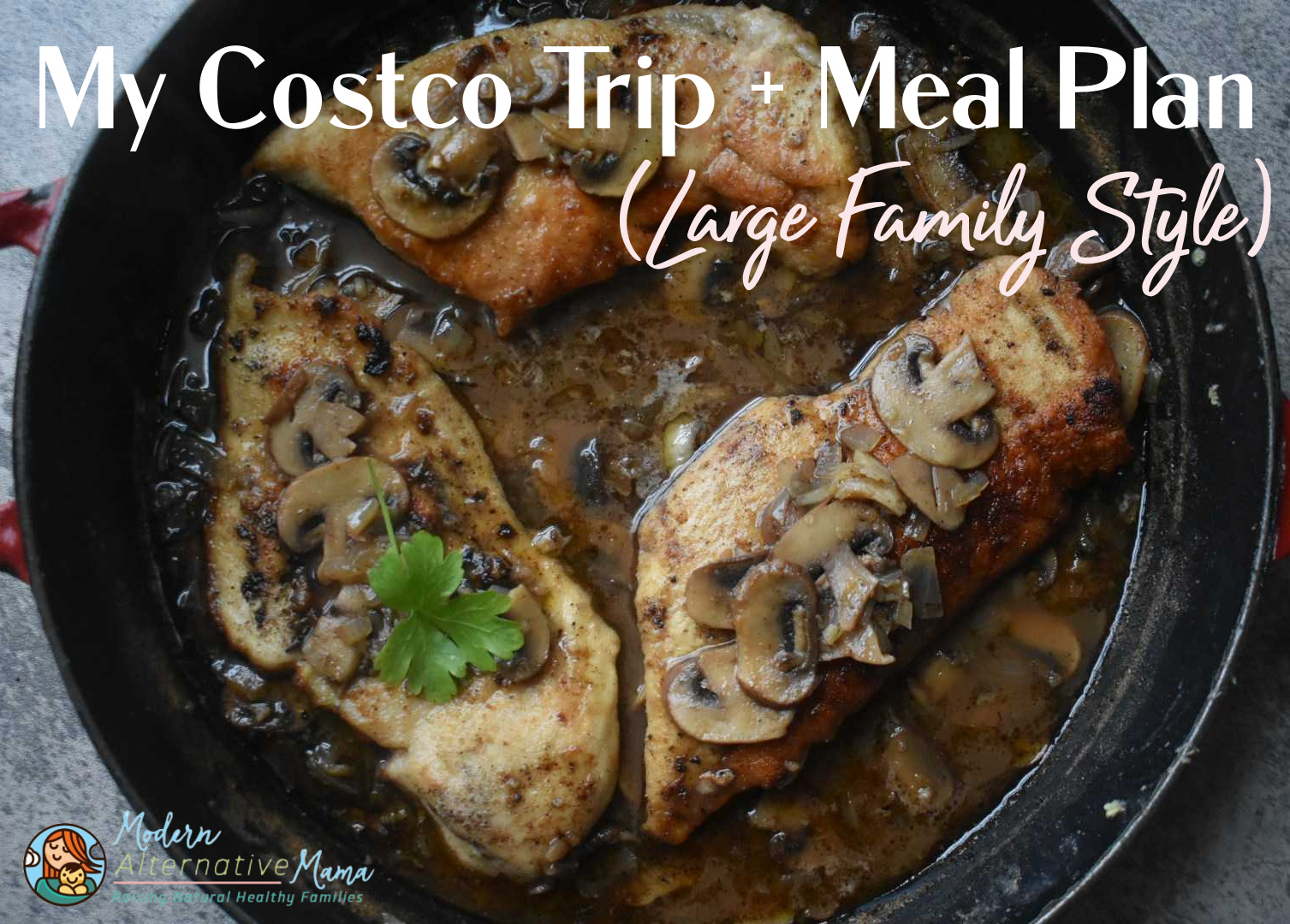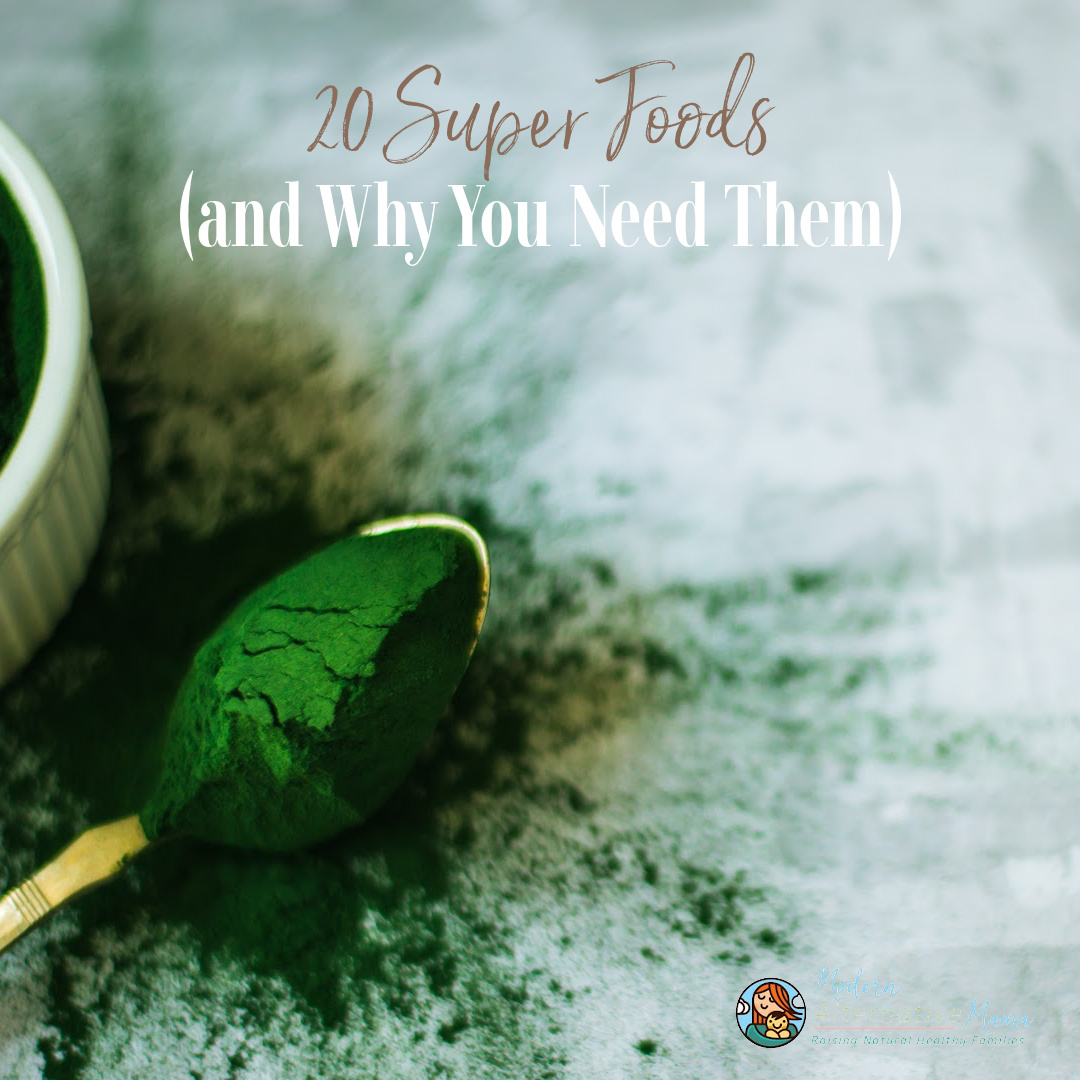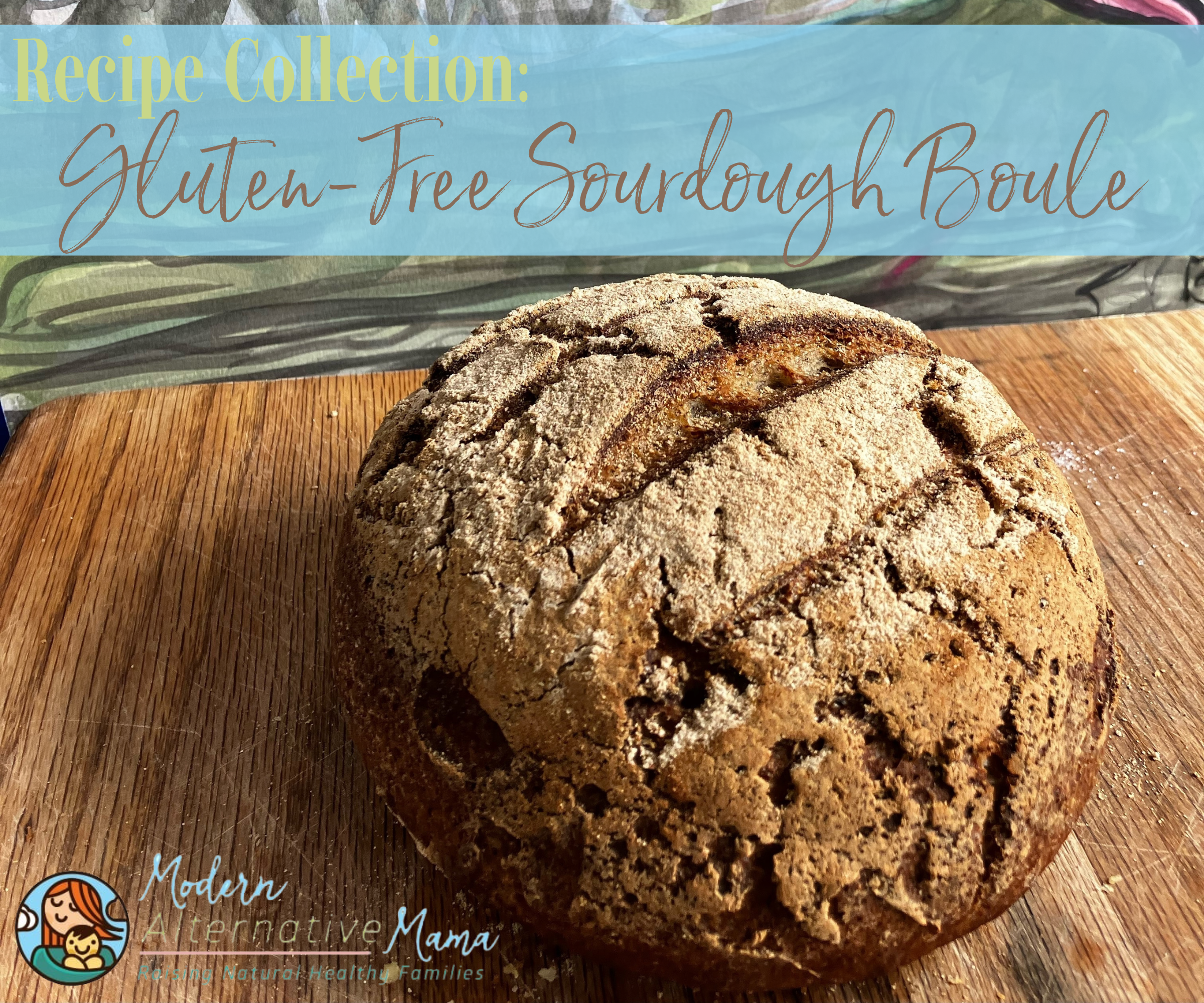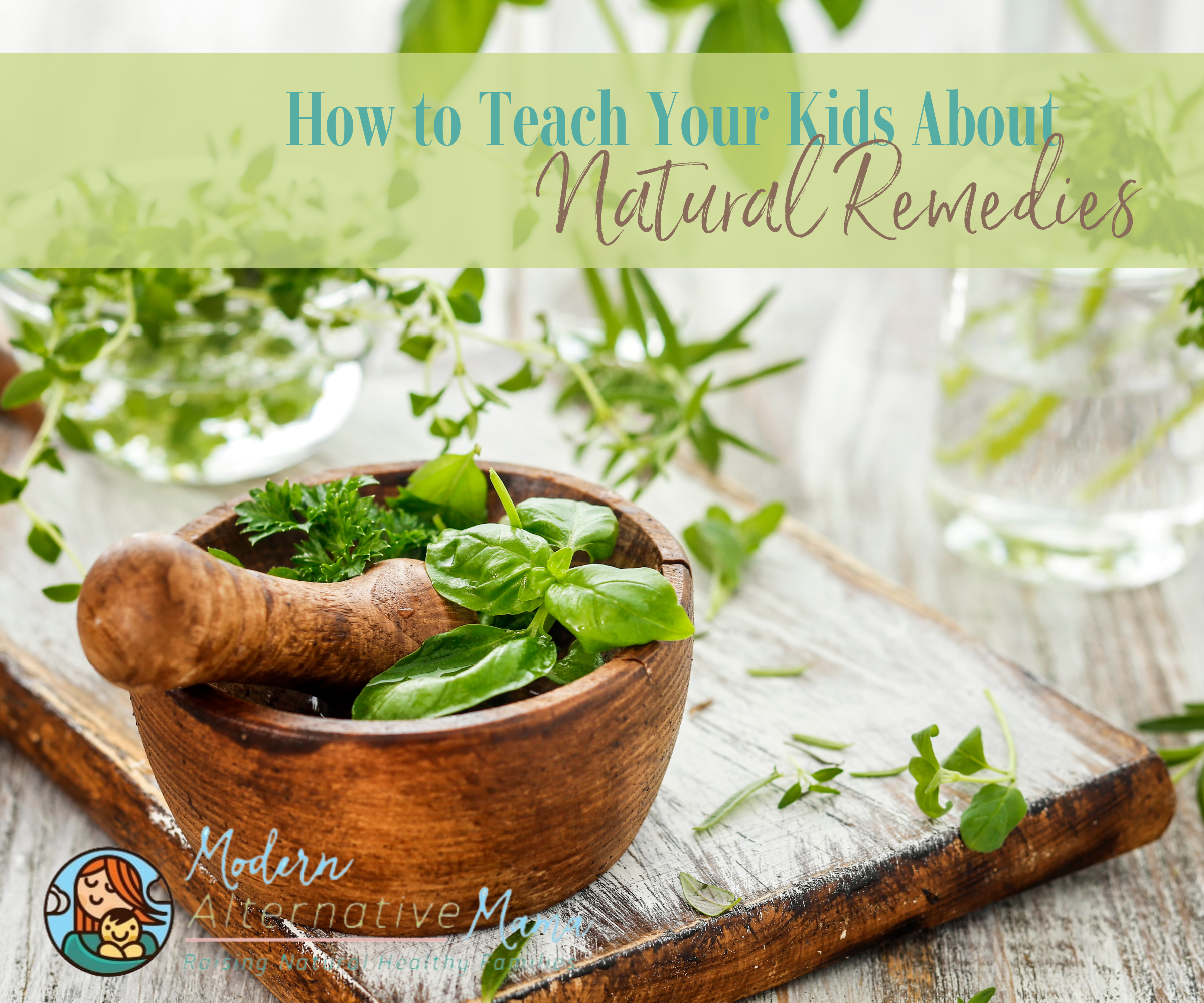By Carrington Beauchamp, Contributing Writer
Have you ever had a hard time talking to family or friends about the health and lifestyle choices you make?
Well, you’re not alone. Even a basic choice for us, like choosing to eat only organic food has been met with much confusion and misunderstanding, not to mention our more “extreme” decisions like choosing to not vaccinate or have our babies (gasp!) at home.
I have learned that, most of the time, before I can even create a context for real “discussion” about our choices, I have to educate them on issues they simply don’t understand.
I’ve also learned that this is almost impossible. Maybe it’s because they do not really see me as someone with any credibility, or maybe it’s just too hard to get past things they have been wrongly taught for years.
One of my favorite new resources for helping our friends and family understand us a little more–as well as influence them to make some changes in their own lives–is documentaries!
Documentaries are great to share for a few reasons, including:
● Documentaries aren’t personal. All of a sudden, I don’t have to be the bad guy who is telling them that what they are eating is making them overweight and sick. They don’t have to be mad at me, and I don’t have to be the messenger that gets killed.
● Documentaries use experts. It’s hard for your best girlfriend who’s known you for years to all of a sudden see you as an authority on thyroid issues, or preventing heart disease. Unless you have an M.D. at the end of your name, some people will never trust that you know what you’re talking about so confidently. Well, these documentaries are chock full of industry experts, doctors, dietitians, and scientists that have all the credibility.
● Documentaries tell the whole story. I can never relay “the whole story” because I am constantly interrupted, or I run out of time. I simply cannot get someone’s attention long enough to tell them the history of farming and GMOs or why the big food companies cannot be trusted. With these movies, they will start from the beginning of the story and walk people through it, so they capture the whole picture, not just talking points.
● Documentaries create context for discussion. I mentioned this earlier, but this is so important. Arguing a point is almost futile when the person you arguing with doesn’t even know enough to be arguing their position. It is too hard to create change in someone whom you first have to educate.
So, is your mother-in-law constantly feeding your kids candy and fast food, clueless as to why you care so much about it? Do you have friends that tease you for being a “hippie”, or “radical?”
Invite them over for a movie night! If they have Netflix, ask them to watch one and talk about it the next day over coffee.
Since we’re talking about food advocacy this month, here are my top three recommendations for documentaries about food industry advocacy…
Food, Inc.
This is a great starter. It talks about the ugly and dark side of the food industry, how our government has allowed these businesses to put profit ahead of our country’s health. It answers the question: “Where does my food really come from?” and breaks down the blind trust that most Americans have placed in food providers. Consider this the perfect companion for those who argue: “Well, they wouldn’t market this for babies if it wasn’t safe.”
Food Matters
Turn on your nightly news and you’ll see report after report about the state of the average American’s health. People can’t stop talking about rising medical bills and prescription drugs. What you won’t hear them talking about, though, is why. I think most people would contribute obesity to people’s diets, but I do not think that they would associate diets with disease and illness. Food Matters talks about the big business of pharmaceutical and food companies and how they are very friendly with our government agencies. Doctors are not educated on health, diet, nutrition, or supplements and they are only taught to treat symptoms, not causes. In the meantime, we’re all just getting sicker and sicker.
Fat Head
The beginning of this documentary focuses on trying to prove wrong the other popular documentary, Super Size Me. Although this might sound like a counterargument (Fast food won’t make you sick? What?), the rest of the documentary–and its conclusion–are something to see for yourself. It identifies the real issues being processed carbs and trans fat (not real fat), which, in some ways, our government forced the fast food restaurants to use. It breaks down the entire heart disease myth–information that would probably make the American Heart Association AHA) not very happy. Talking to the industry’s experts on FAT and why fat is actually important to our health, this revealing film reveals that our government and food industry has wrongly made this essential diet component something to avoid. It’s also a plus that Fat Head is probably the most entertaining of the three documentaries, too.
Have you got any recommendations for me? What are some of your favorite and most influential documentaries?
Carrington is a Wife to her high school sweet <3 and a Mama to two and expecting #3. She spends her time seeking out new friendships, reading, writing, and being an alternative health, and vaccine advocate. She loves Jesus, all natural living, and hand made lovelies. She blogs in the sunshine of Arizona about natural health, marriage, faith and family on her blog… Organic Life Love.






Good post, but I do take exception to the point that documentaries 'tell the whole story'. Telling the 'whole' story is very rarely the point of a documentary. Most modern documentaries are intended as propaganda. 'Food Inc' and "Fathead' are both examples of movies that may do a thorough job of laying out the talking points of one side, but they can hardly be considered objective.
The show that changed everything for me was Jamie Oliver's original food revolution show. Two of the most shocking moments where when he showed some basic vegetables to school-aged children: tomatoes, cauliflower, etc., and they couldn't identify them. The did, however, identify french fries and pizza.
http://www.youtube.com/watch?v=bGYs4KS_djg
The other moment was where they showed the makeup of a chicken nugget.
After that I made myself a pledge that we would not eat fast food again in our family, and that my son would grow up knowing that food doesn't come out of a box or a bag, but instead out of our garden.
When watching documentaries, we need to be careful in thinking that we are getting the WHOLE story when in fact we are getting the story the filmmaker wants us to see.
Thank you for a great post! It is frustrating explaining my lifestyle choices to my family. They think I am a little "out there"! I too have a problem with credibility and have found that when they hear it from someone else or watch a documentary they are more likely to believe the information. Although my family will ask me questions about good food choices they always go back to the low fat high carb model & will argue the merits of organic & clean food! Most of my family have watched Food, Inc & are aware of conventional farming methods but are not willing to pay more for clean food! UGH! I will continue to encourage, educate, answer questions & suggest documentaries – eventually it has to sink in – right?
I loved Food Inc and Fat Head. I haven't seen Food Matters yet but I'll definitely have to watch that. I tried arguing with friends and family members in the beginning to try to "teach" them the information that I had learned, but I just came off as an arrogant treehugger. Once they saw the documentaries though, their perspectives changed completely.
The movie "Fresh" is another good one. Also, "Farmageddon", which is being shown in select theaters right now promises to be quite good.
I agree that it is difficult to have conversations about issues such as these with friends that aren't ready to hear what you really think. However, I would like to point out that we cannot educate those around us who do not want to be educated, for one reason or another. It is a common misconception that a person can educate another person; the truth is that a person does not learn ANYTHING unless they choose to.
I have found more success with living my life in such a way that people around me can see what I"m doing (within reason), and if they want to know, they feel like they can ask and I will not run them over with a Mack truck of information. It took about 5 years from the first time I heard of raw milk for me to get to where I am today, and I still have a long way to go. During that time, I avoided the friends who seemed to have an "agenda" to convert me over, and continued listening to the friends who answered my questions and let me find my own way.
Documentaries can be very helpful as a resource for answering someone's question, especially if the question-asker is a non-reader. (I prefer a good book, myself.)
This is a great idea. It's a great opener to the conversation without having to sound like you are lecturing someone.
Future of Food, King Corn, and The Beautiful Truth are a few more titles to watch.
I have mixed feelings about "Food Matters." On the one hand, yes, food matters. On the other hand, raw food diets? Spirulina? Mega-doses of synthetic vitamins? While I agree with the basic premise, I think they have the completely wrong idea about what food we should be eating. Certainly their idea about raw food is incorrect — many plant foods are indigestible raw, and we do not absorb the vitamins. And raw food advocates demonize animal foods — because, of course, they wouldn't DREAM of eating milk or meat raw.
My friend's mom "evangelized" me into real food by having me over for dinner. WOW, what amazing food! It was delicious and satisfying, even with no sugar (which was the one thing I always craved). And her kids are all tall, big-boned, and athletic. My dad would always joke about the way they eat (calling the heavy cream they poured on their hot cereal "a heart attack in a carton"), but even he can't deny that they are the healthiest family we know!
Then she gave me Nourishing Traditions for my wedding shower and the rest is history. 😉 No preaching, no pressuring, no guilting, just living the way she lived and luring me in.